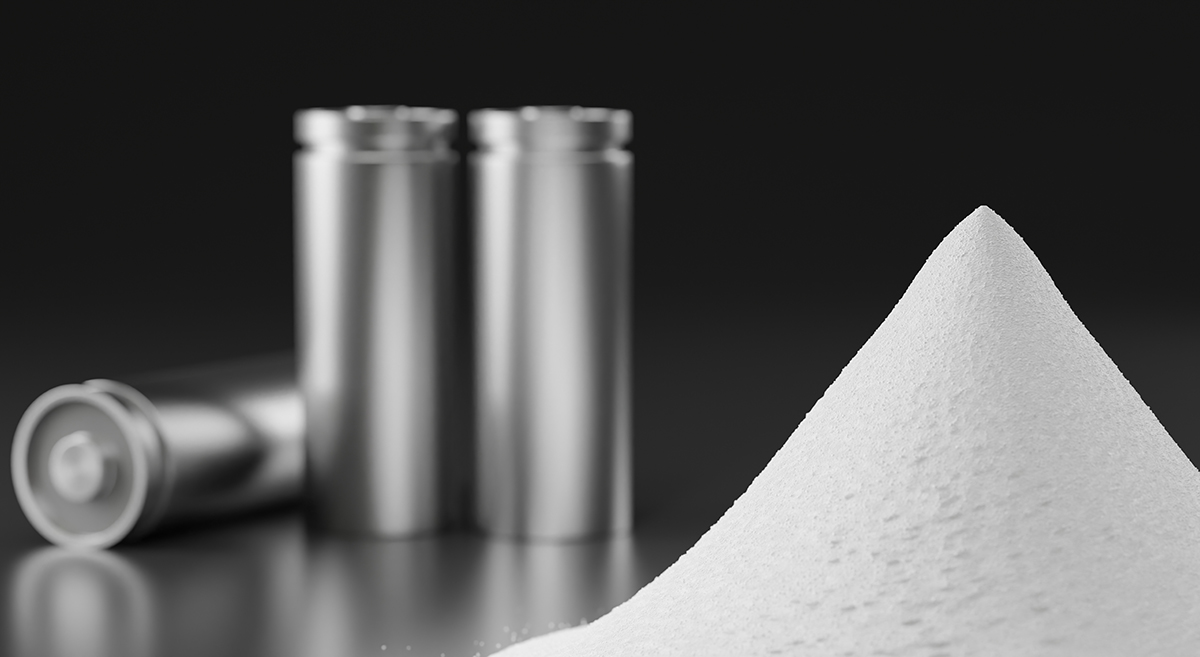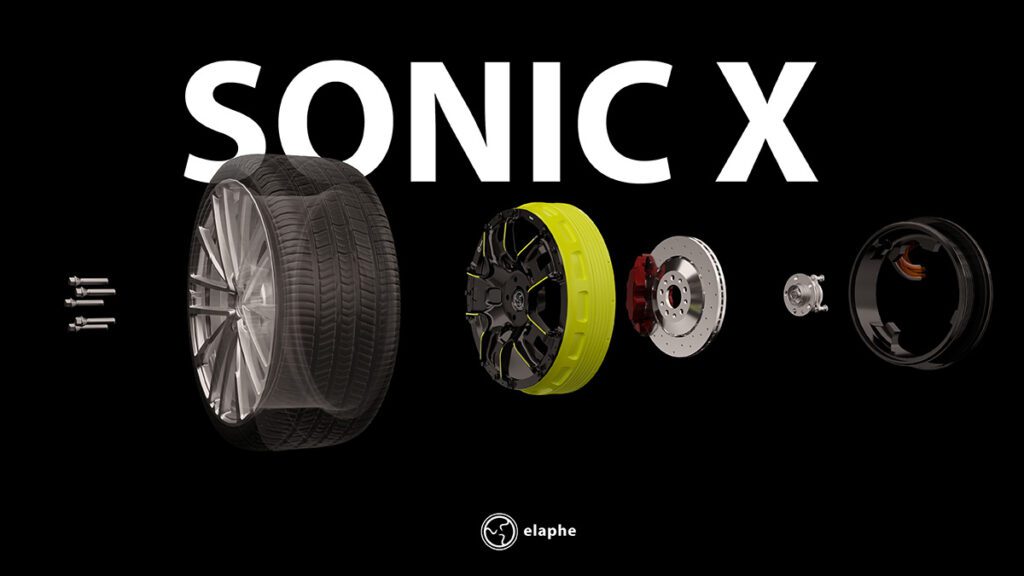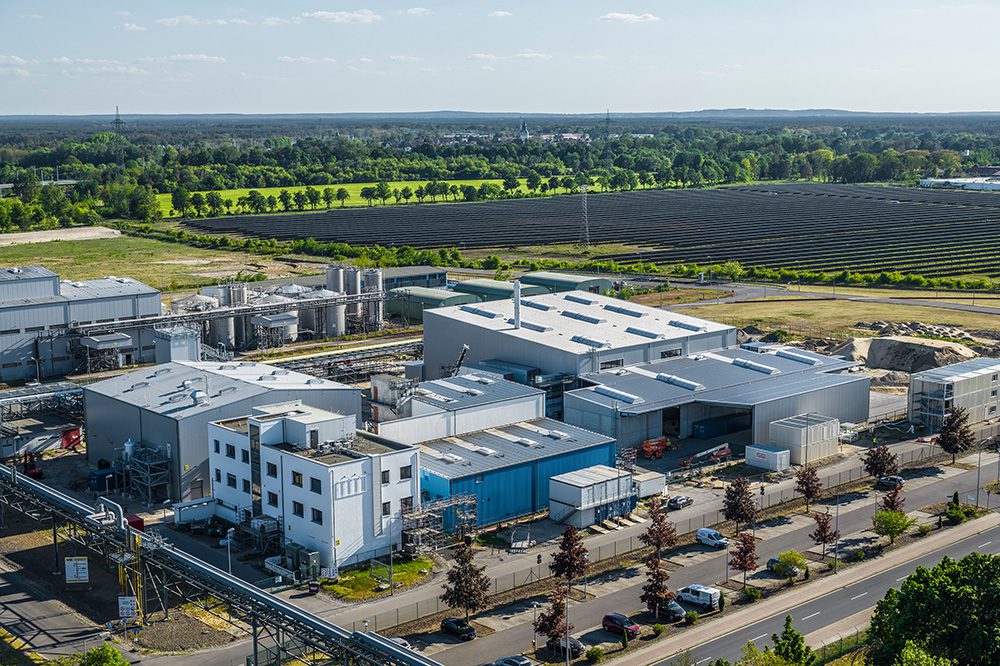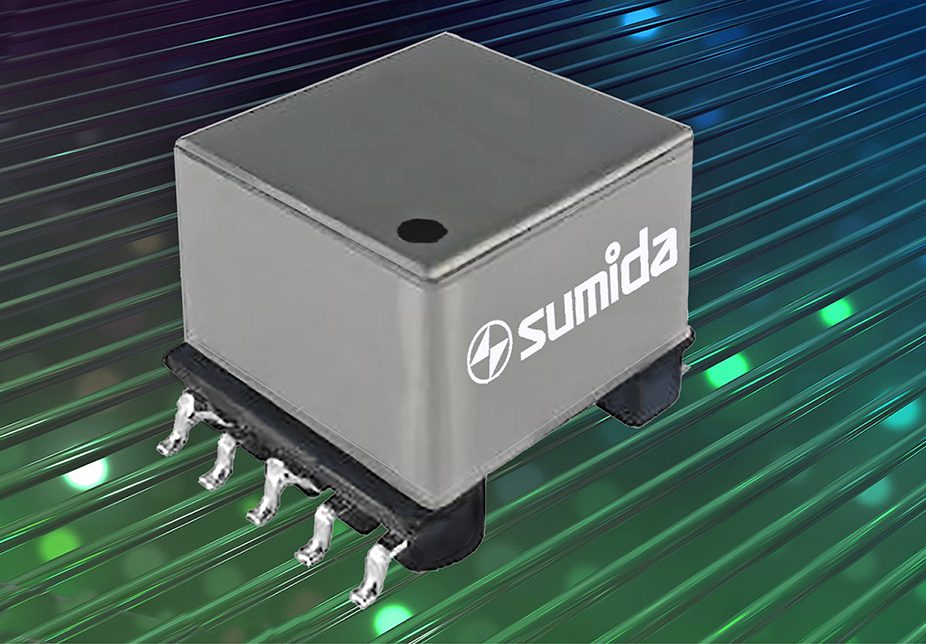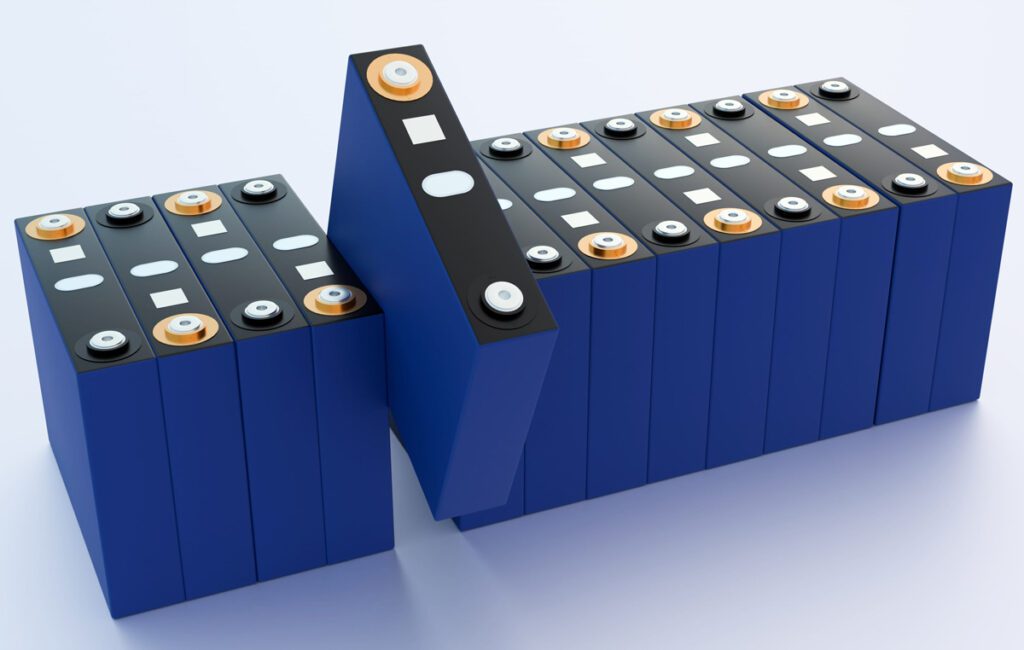One way to gauge how serious an automaker is about electrification is to consider whether it’s securing supplies of the raw materials that will be required to build large quantities of EVs (as opposed to just issuing press releases about EVs). The US Inflation Reduction Act, which includes strong incentives to use raw materials sourced from the US and free trade partner countries, has added some new variables to the equation.
Ford appears to be working to build the supply chain it will need to reach its goal of producing 2 million IRA-compliant EVs per year by 2026. The automaker recently signed lithium supply agreements with five producers, and Benchmark Minerals predicts that, with these deals and a nickel supply agreement, Ford has secured more than 90% of the lithium and nickel it will require to meet its 2-million-vehicle target.
According to Lisa Drake, VP of EV Industrialization at Ford, supply agreements with two major lithium providers have “significantly de-risked” the automaker’s expansion plans. Albemarle will supply 100,000 tonnes of lithium hydroxide between 2026 and 2030, and Chilean producer SQM will deliver an unspecified amount of lithium carbonate and lithium hydroxide.
Ford is also investing in lithium projects still under development, which Drake says supports the “need to continue exploring reserves and development extraction technologies” in order to “further diversify the industry.”
Ford says it will become the first customer of Nemaska Lithium, which is developing a mine and processing facility in Québec. Nemaska will supply Ford with spodumene concentrate from its existing Whabouchi mine, and will supply up to 13,000 tonnes per year of lithium hydroxide from its Bécancour plant for 11 years once that facility comes online.
EnergySource Minerals will supply an unspecified amount of lithium hydroxide from a 20,000-tonne-per-year brine project in Imperial Valley, California, which is expected to start operating in 2025.
Compass Minerals will provide Ford with up to 40% of the lithium carbonate from its Utah brine project for 5 years once it starts producing. The facility is to enter production in 2025 with an initial nameplate capacity of 11,000 tpa of lithium carbonate.
Last year, Ford signed an offtake agreement with Ioneer, which is developing a lithium mine in Nevada.
Drake says one Ford battery plant will have access to a supply of IRA-compliant nickel sulphate intermediate MHP, under a 2022 deal with Brazilian miner Vale.
Source: Benchmark Minerals







